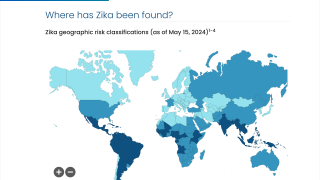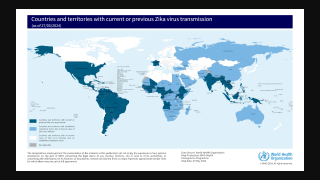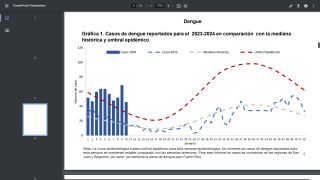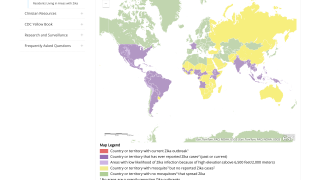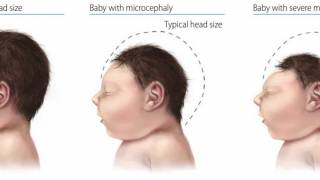Zika Found in Texas

Texas Health officials announced the first local Zika infection in Texas during 2017.
Additionally, this case appears to be the first locally acquired Zika case reported in the United States in 2017. Previously reported Zika cases during 2017 have been travel related.
As for travel-linked Zika cases, Texas has reported 19 as of July 25, 2017.
The Texas Department of State Health Services (DSHS) and Hidalgo County Health and Human Services have determined a Hidalgo County resident who previously had a Zika infection was most likely infected in Texas.
This Zika infection was probably transmitted by a mosquito bite in South Texas sometime in the last few months, reported DSHS.
This is because the individual had not recently traveled outside the area or had any other risk factors.
There is no specific medicine or vaccine for Zika virus.
Thousands of Zika tests have been done since a DSHS recommendation in April expanded testing of pregnant women and people with Zika symptoms in six South Texas counties.
The additional blood testing led to the identification of this infection, the first this year that appears to have been transmitted by a mosquito in Texas.
The Centers For Disease Control and Prevention (CDC) recently updated its guidance for pregnant women with possible exposure to Zika virus.
This CDC update includes separate recommendations for pregnant women with Zika symptoms and pregnant women without symptoms.
The change focuses on one of the most frequently used Zika tests which detects immunoglobulin B (IgM) antibodies and is more likely to yield a false positive test result.
Recent studies have found that Zika IgM antibodies might be detected for months after infection, limiting the ability to tell if the infection occurred before or during pregnancy.
Texas officials are continuing to conduct human and mosquito surveillance to find any future Zika infections as early as possible. Local officials are going door-to-door to share information about the Zika virus.
According to the DSHS, people throughout the Rio Grande Valley of south Texas should continue to protect themselves from mosquito bites by:
- Using EPA-approved insect repellent every time they go outside.
- Using air conditioning or window and door screens that are in good repair to keep mosquitoes out.
- Limiting outdoor activities during peak mosquito times.
- Covering exposed skin with long pants and long-sleeved shirts whenever possible.
- Removing standing water in and around homes, including in trash cans, toys, tires, flower pots and any other containers so mosquitoes can’t lay their eggs.
- Using a larvicide in water that can’t be drained to keep mosquitoes from developing into biting adults.
The Zika virus is a mosquito-borne flavivirus that is closely related to dengue, West Nile, Japanese encephalitis, and yellow fever viruses.
Our Trust Standards: Medical Advisory Committee
- Texas Zika
- Health officials find probable local Zika infection
- HIDALGO COUNTY IDENTIFIES A PROBABLE LOCAL ZIKA INFECTION
- COCA Call July 27, 2017—Zika Virus: Updates to Clinical Guidance and Recommendations for Pregnant Women and Infants
- Update: Interim Guidance for Health Care Providers Caring for Pregnant Women with Possible Zika Virus Exposure — United States (
- Zika Cases in Texas



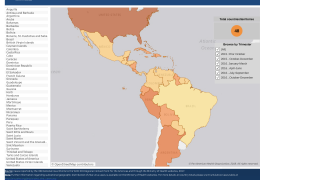
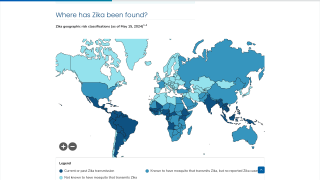
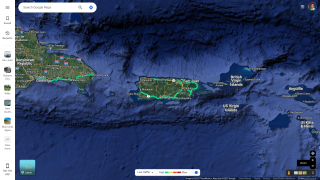

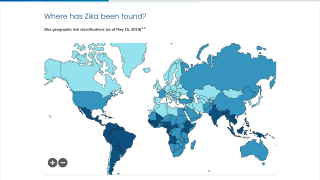
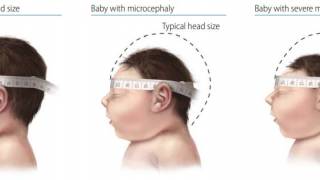

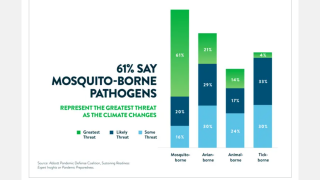
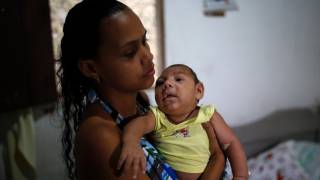
.jpg)
